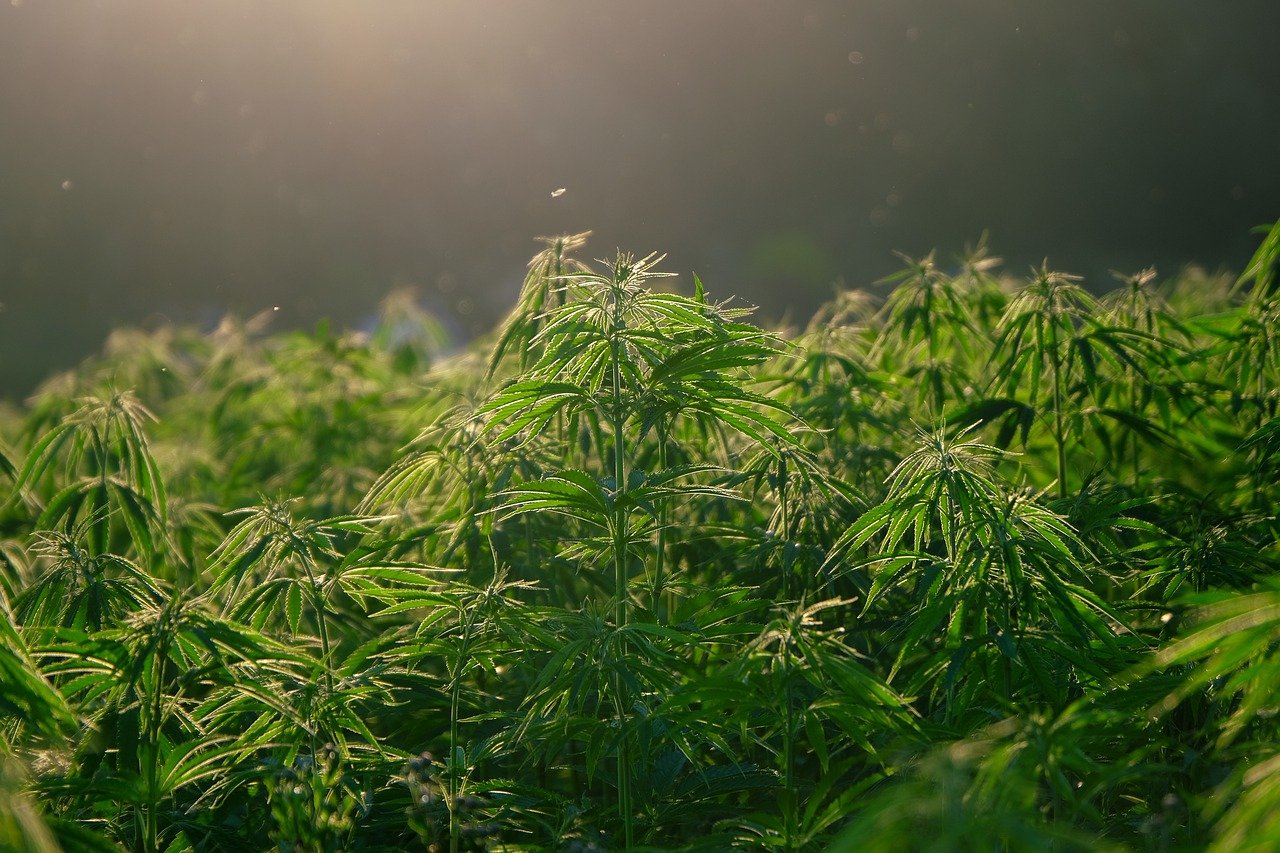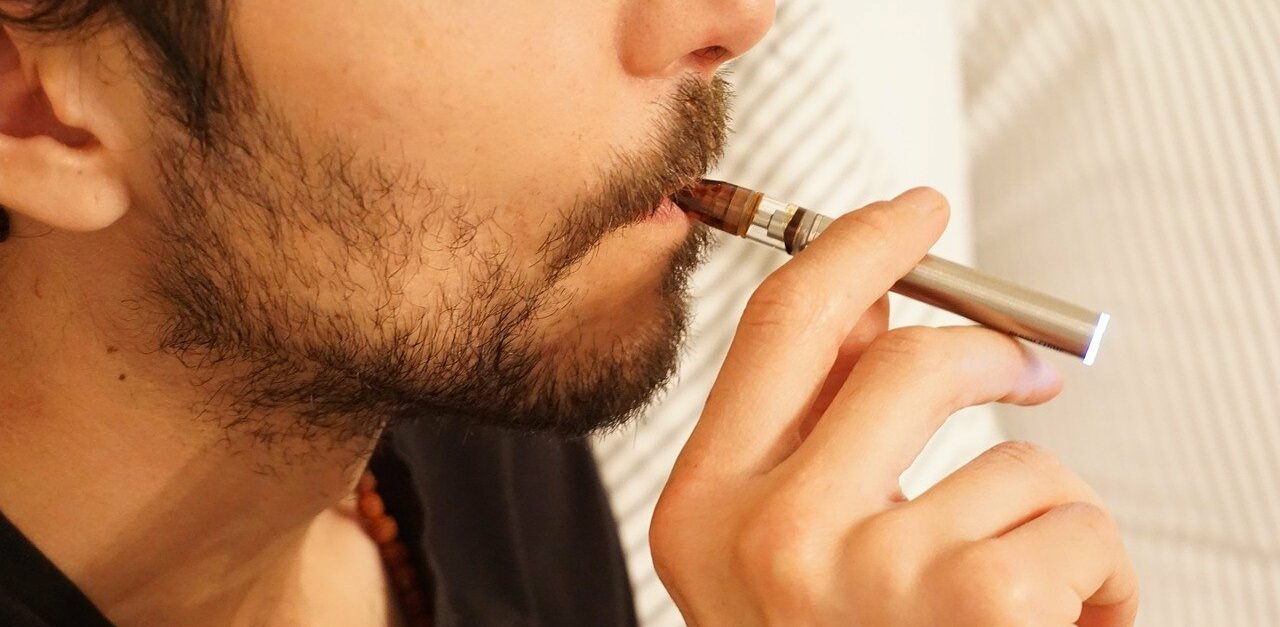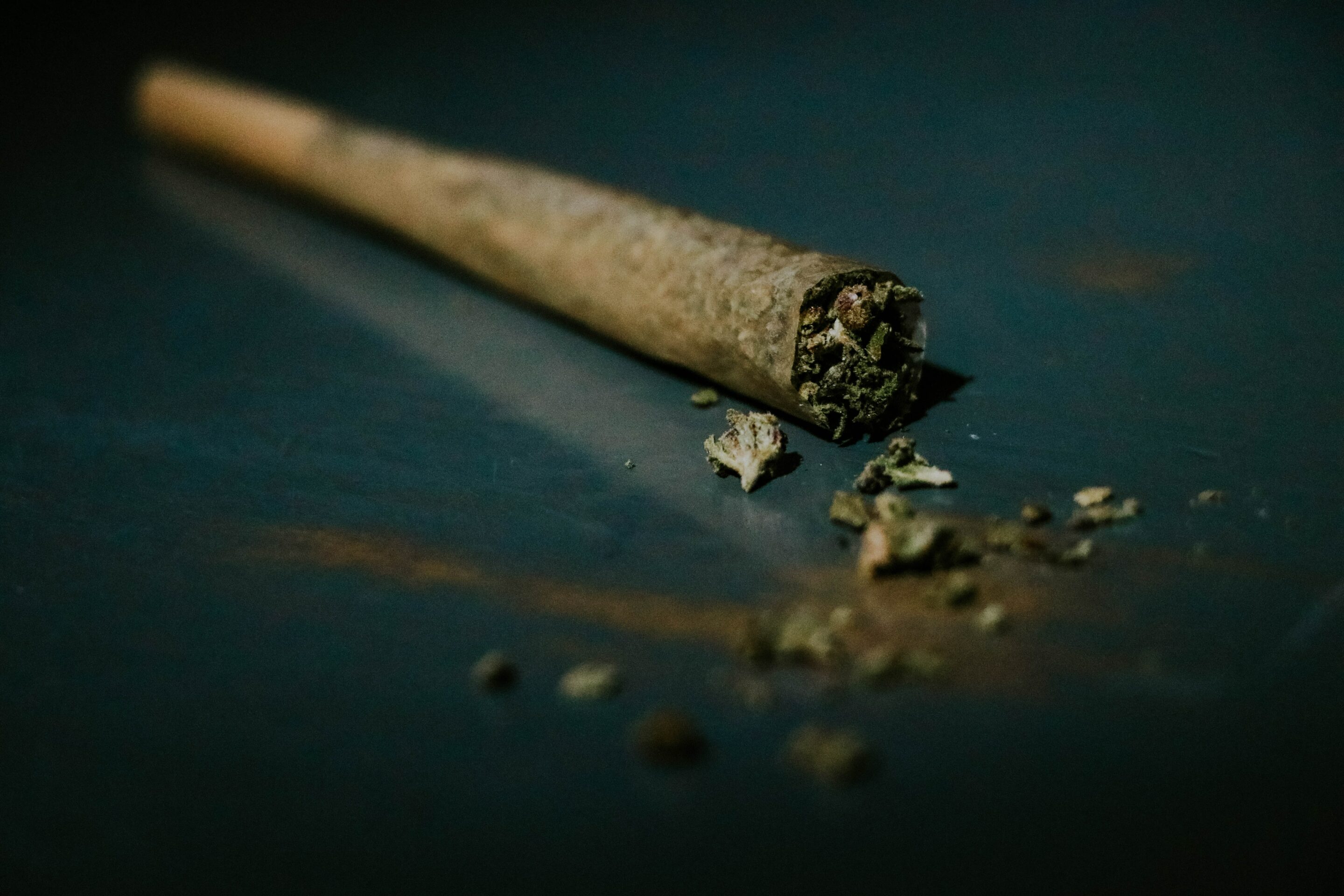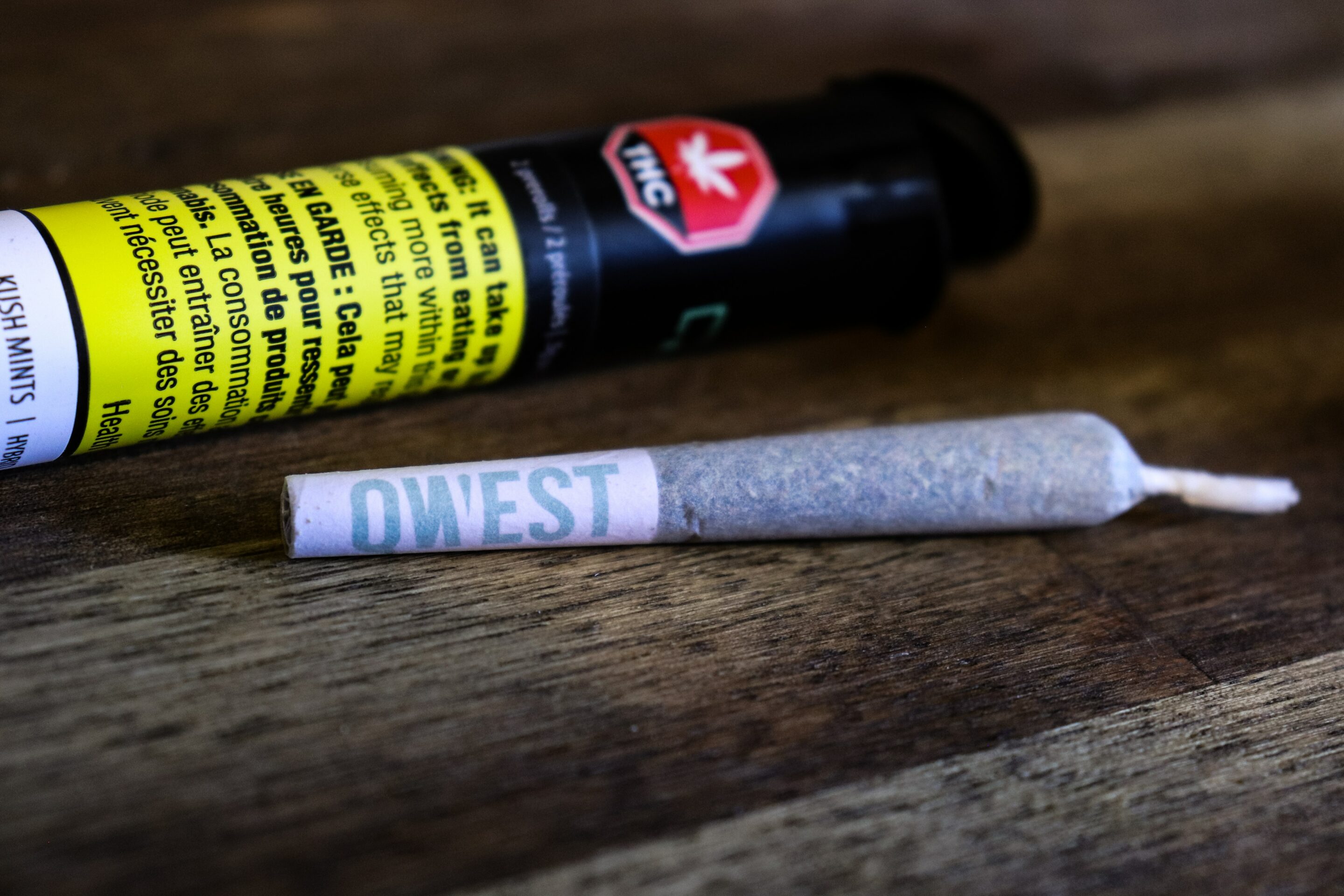![[Denver Post] Oklahoma is the new “Wild West of weed” — and Colorado marijuana entrepreneurs are helping fuel the green rush](https://therealdirt.com/wp-content/uploads/2021/08/TDP-L-Oklahoma-cannabis-RJS-31799.jpeg)
by The Real Dirt | Aug 16, 2021 | 420 Culture & Travel, Blog, Business, Cannabis Business, Cannabis Law, Cannabis Law and Compliance, Culture, Denver Post, Growing, Industry News, Legalization, Medical Marijuana
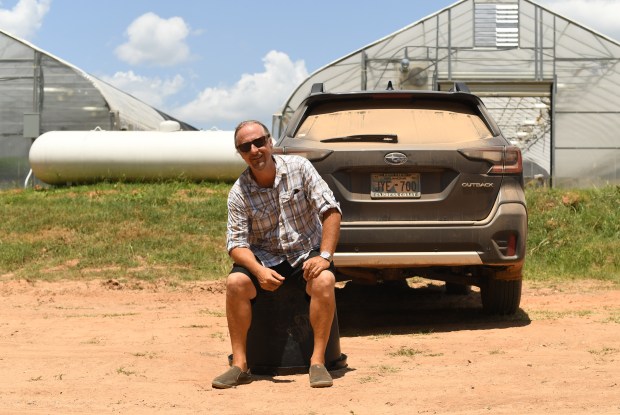
Lax regulation and low barriers to entry have triggered cannabis’s explosive growth in Sooner State
OKEMAH, Okla. — Chip Baker surveyed a vast field on the outskirts of an old hay farm an hour east of Oklahoma City, his ponytail waving in the thick, humid air, his voice growing excited.
“This is probably the largest collection of Squirt in the world!” he boasted, pointing to an array of neatly plotted cannabis plants before him that will soon flower pounds of the popular strain.
Baker would know. From the time he planted his first marijuana plant at 13, he’s been all about growing weed. A dream formed in the Georgia fields took him to Humboldt County, California — the nation’s earliest pot epicenter — then Colorado, the country’s first recreational market.
But it’s here in rural Oklahoma, down a dusty dirt road along the banks of the North Canadian River, where true cannabis cowboys — including droves of Colorado entrepreneurs like Baker — are buying mammoth properties to grow mammoth numbers of plants, all in a quest for mammoth stacks of kush-derived cash.
It’s a place unlike virtually any other in America.
“Other states grow patches,” Baker said with a grin, taking in the 90-acre, 40,000-plant cannabis farm before him. “In Oklahoma, we grow fields.”
The Sooner State, as deeply red as the American political palette will go, has almost overnight become the hottest place in the country to grow marijuana. It’s an unprecedented look at what happens when the government stays largely out of the picture and lets the free market run wild.
And Colorado businesses are pumping their sizeable dollars and cannabis expertise into the state, hoping to cash in on what Baker and others in the industry call the next green rush.
“It’s the Wild West of weed,” he said, “in all its glory.”
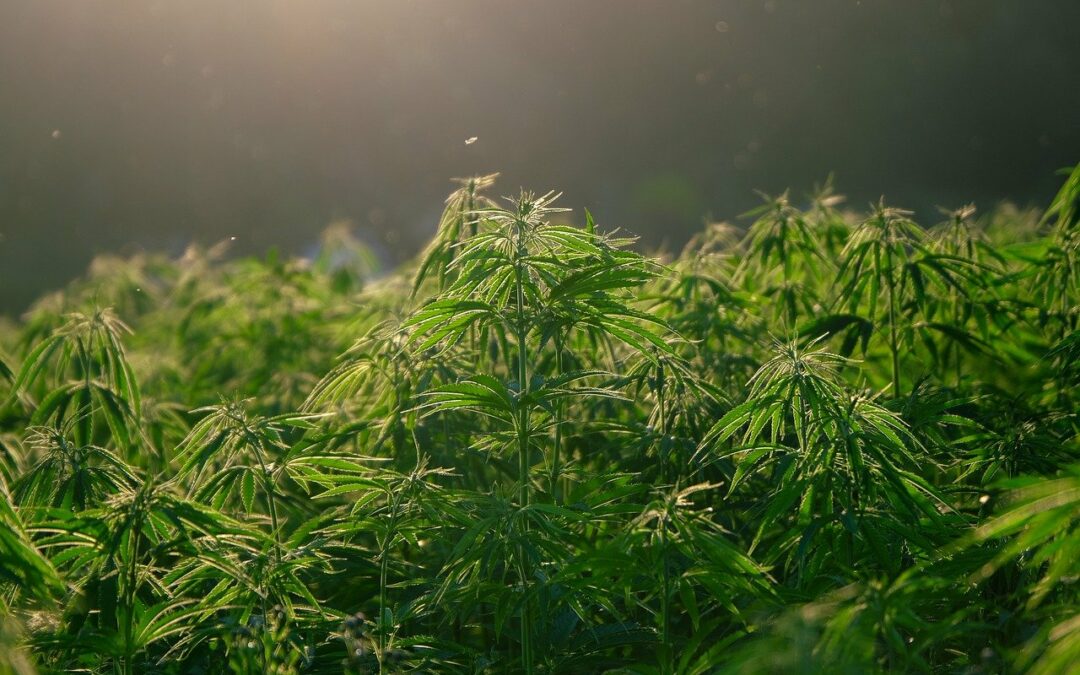
by The Real Dirt | Jul 19, 2021 | 420 Culture & Travel, 420 News, Blog, Broscience Mythbusters, Cannabis News, Culture
Cannabis was first domesticated around 12,000 years ago in China, researchers found, after analyzing the genomes of plants from across the world.
The study, published in the journal Science Advances on Friday, said the genomic history of cannabis domestication had been under-studied compared to other crop species, largely due to legal restrictions.
The researchers compiled 110 whole genomes covering the full spectrum of wild-growing feral plants, landraces, historical cultivars, and modern hybrids of plants used for hemp and drug purposes.
The study said it identified “the time and origin of domestication, post-domestication divergence patterns and present-day genetic diversity”.
“We show that cannabis sativa was first domesticated in early Neolithic times in East Asia and that all current hemp and drug cultivars diverged from an ancestral gene pool currently represented by feral plants and landraces in China,” it said.
Cannabis has been used for millennia for textiles and for its medicinal and recreational properties. The evolution of the cannabis genome suggests the plant was cultivated for multipurpose use over several millennia.
The current highly-specialized hemp and drug varieties are thought to come from selective cultures initiated about 4,000 years ago, optimized for the production of fibers or cannabinoids. The selection led to unbranched, tall hemp plants with more fiber in the main stem, and well-branched, short marijuana plants with more flowers, maximizing resin production.
‘New insights’
The study was led by Luca Fumagalli of the University of Lausanne and involved scientists from Britain, China, India, Pakistan, Qatar and Switzerland.
“Our genomic dating suggests that early domesticated ancestors of hemp and drug types diverged from Basal cannabis“, around 12,000 years ago, “indicating that the species had already been domesticated by early Neolithic times”, it said.
“Contrary to a widely-accepted view, which associates cannabis with a Central Asian center of crop domestication, our results are consistent with a single domestication origin of cannabis sativa in East Asia, in line with early archaeological evidence.”
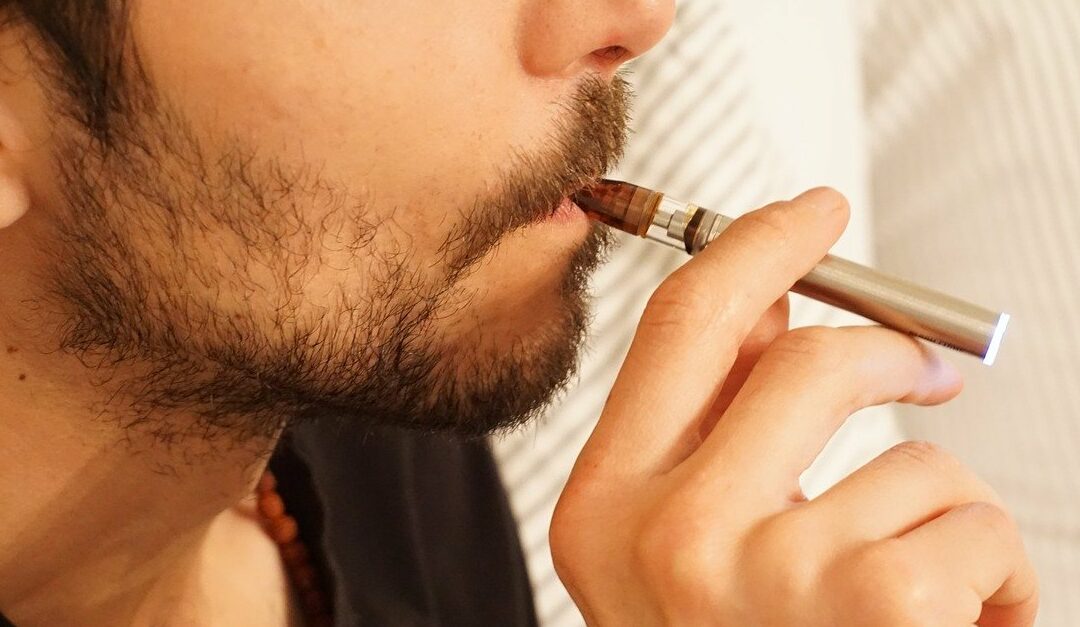
by Travis C | Jul 13, 2021 | 420 Culture & Travel, Blog, Broscience Mythbusters, Cannabis Law and Compliance, Science & Technology
If you’re a cannabis or Hemp/CBD consumer, you have more than likely heard of Delta-8 THC. But is Delta 8 THC safe?
Fourteen states — Alaska, Arizona, Arkansas, Colorado, Delaware, Idaho, Iowa, Kentucky, Mississippi, Montana, New York, Rhode Island, Vermont and Utah — have already banned Delta-8. For a consumer looking to possibly try Delta 8 for the first time, this could be a cause for concern.
If Delta 8 was totally safe, then why would states be banning it en masse? That’s what we’re going to break down.
The answer to the question, “is delta 8 THC safe?” isn’t so black and white. Just like a couple years ago when many were unsure about the safety of CBD products, D8 THC is in a similar phase.
Is Delta 8 THC safe to consume?
The short answer is we don’t know. That is partially the reason that so many states have already moved to make it illegal. With zero — and we mean zero — regulation, it is much easier to just ban Delta 8 than go through the same process as CBD.
To clarify, CBD has had a rocky road over the last few years. After the passing of the Farm Bill in 2018, all hemp and its derivatives (aside from Delta 9 THC) became fully legal. CBD, CBG, CBN and others all became legal at this time, which sparked the CBD movement.
As soon as the CBD industry began exploding, the FDA was forced into action. Regulating the safety of consumable CBD products like gummies, ointments or other topicals was essential. While some states decided to ban CBD altogether like some are doing now with Delta 8, most saw the growing market and recognized that regulation was necessary.
However CBD does not create a psychoactive effect like Delta 8 does, nor is it synthetically derived. And that’s where the issues with Delta 8 arise.
How Delta 8 THC is made
CBD has been bred into hemp in higher concentrations over the last few years, which is then extracted to make various products. Delta 8 exists in such small traces in hemp and cannabis that it can’t be extracted on its own and produces negligible results.
Due to this, Delta 8 is actually made through the synthetic conversion of CBD.
The process of creating Delta 8 from CBD is nothing new, and is actually a patented isomerization process. It involves dissolving CBD in a solvent like heptane. An acid is then added into the solution and stirred constantly up to 18 hours on a heat plate. Once the chemical reaction is complete it will separate, where it can then be washed and dried and tested.
Compared to how your average Delta-9 extract is made, Delta-8 is a more lengthy, “synthetic” process. That can be a turn off for a lot of people.
The new “spice”?
We see you clenching your fists about to throw your phone from reading that title. No, we don’t believe that Delta 8 THC is as dangerous as spice. But that doesn’t mean it doesn’t have the potential to be just as dangerous.
You may remember in 2019 when hundreds of people wound up in the hospital (and several actually dying) due to dangerous chemicals being cut into illicit, black market vaporizer cartridges. Vape cartridges are currently the most popular way to consume Delta 8, and they are completely unregulated just like illegal cartridges sold on the street.
It is not inconceivable that a producer looking to cut costs and make more money could cut their products with something potentially dangerous to consumers. And that is the risk that many take when they place an order from an online Delta 8 THC retailer.
So is Delta 8 THC safe? Let’s be real here. It is just as likely that a consumer might get an unsafe distillate cartridge on the street as you are to get a dangerous Delta 8 product from a “reputable” online Delta 8 retailer. That’s the reality.
Some states might start treating Delta 8 like CBD in the future, regulate it and make it safe. There’s also the chance that federal government, such as the DEA or FDA gets involved. Similarly to states with cannabis legalization, Delta 8 could also be made legal on a state by state basis. Some argue it is already legal.
In other words the safety, legality and trustworthiness of Delta 8 THC products is anybody’s guess. And guessing is exactly what you do when order some Delta 8 online or grab it from the head shop.
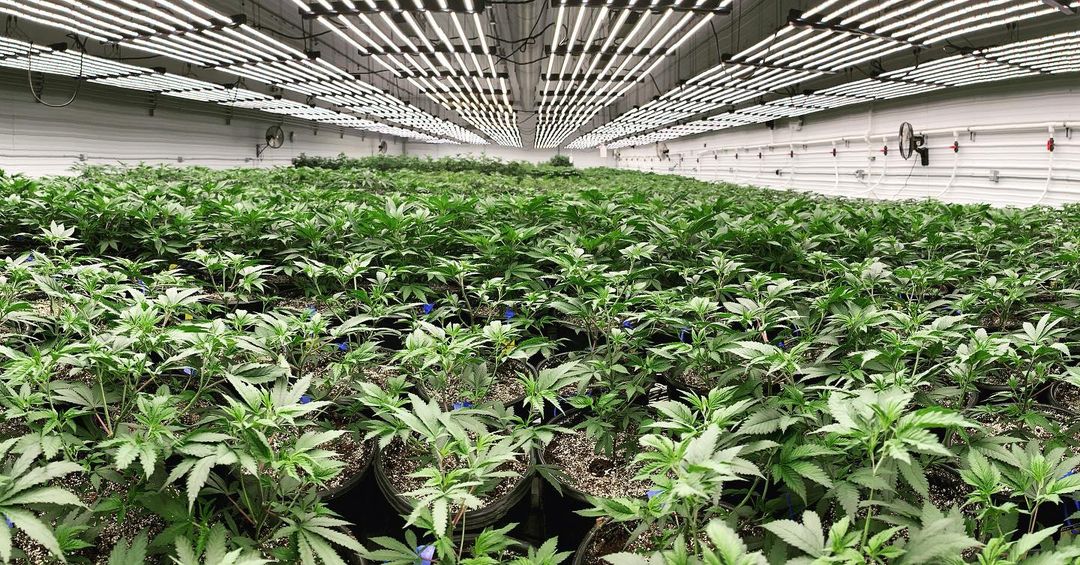
by The Real Dirt | Jul 6, 2021 | 420 Culture & Travel, Blog, Business, Cannabis Business, Cannabis News, Culture, Industry News, Legalization, Medical Marijuana
JEFFERSON CITY — Missouri’s medical marijuana industry topped $70 million in cumulative sales, including nearly $16.4 million in June, according to the Missouri Department of Health and Senior Services.
Eight months after the state’s first dispensary opened in October 2020, 126 dispensaries operate throughout the state. Those dispensaries, plus manufacturers, transporters, and laboratories, total 201 medical marijuana facilities in the state.
“This is essentially Missouri’s newest twenty-first century industry,” Alan Zagier, a representative from the Missouri Medical Cannabis Trade Association, said. “Now we’re really at the moment when rubber hits the road, and we’re really starting to see the results of all this hard work our members have put in.”
Zaiger said the industry contributes to a post-COVID economy.
“The benefit extends to not just cannabis patients but also to the workforce,” he said. “This is a real shot in the arm for lots of communities across the state. These are real, tangible jobs.”
A total of 375 facilities have been licensed to handle medical marijuana by DHSS.
“We’re not just talking about dispensaries in our urban centers in St. Louis and Kansas City, and even there in mid-Missouri,” Zaiger said. “We’re talking about dispensaries in places like Hayti and Caruthersville.”
Shangri-La Dispensaries is one of those facilities, with dispensaries in Columbia and Jefferson City.
“Business is phenomenal,” Michael Lafrieda, the Chief Operating Officer for Shangri-La, said. The dispensary sees “several hundred [customers] a day. On some of the longer holiday weekends, a couple thousand people.”
Lafrieda said his customers range in age from teens to eighties. Zaiger said that nearly 121,000 Missourians have been approved as medical marijuana patients, with many more applications.
“For the sake of comparison,” Zaiger said. “Illinois has about 12.6 million residents, so that’s more than double of Missouri. And even now, several years into their program, they currently only have 55 licensed retail outlets open, so that’s less than half of the number that we have open in less than a year’s time.”
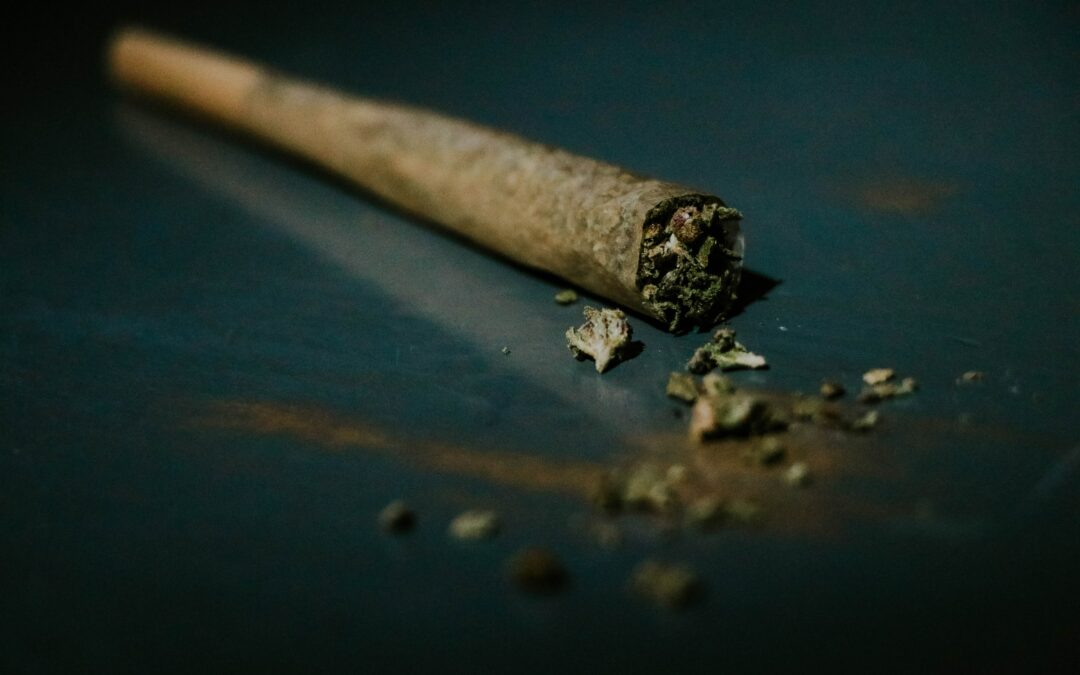
by The Real Dirt | Jun 9, 2021 | 420 Culture & Travel, 420 News, Blog, Cannabis News, Culture, Politics, Stranger Than Fiction
A vaccine can now get you some pre-rolled bud in the state of Washington.
The state’s liquor and cannabis board announced on Monday that in an effort to support coronavirus vaccinations, it will temporarily allow state-licensed cannabis retailers to give a free joint to adults who get their first or second dose at a vaccine clinic at one of the retail locations.
Call it the latest bounty in an ever-expanding list of incentives popping up across the country meant to push Americans to get their shots. “Joints for jabs” and similar campaigns have been around for months, with cannabis activist groups and local dispensaries offering joints for vaccinations. Now, a state is promoting the program.
Health experts have repeatedly said vaccine demand would wane and each new shot in an arm would be harder to achieve either because of hesitancy, access or logistical challenges for the population left unvaccinated.
“Since the start of the pandemic itself, we’ve always had about a quarter of the population that’s been like, ‘Uh, I really don’t know,’ ” said Rupali Limaye, a behavioral and social scientist that studies vaccine hesitancy at the Johns Hopkins Bloomberg School of Public Health. “It makes sense we’re at this place where we’re having to persuade people to get the vaccine.”
She said it was “pretty fascinating” to see how creative states can get with their incentives, especially as health officials and local leaders figure out how to tailor messaging, and incentives, around different segments of the population. Officials in New Jersey and D.C., for example, said they were targeting younger populations with campaigns offering free beer for shots.
Washington Gov. Jay Inslee (D) also announced a suite of other vaccine incentives last week — including lottery prizes, sports tickets and game systems — to help encourage unvaccinated residents.
“For some people it may be enough to say, ‘You get a doughnut.’ For others, they may need something more, like a college scholarship,” Limaye said. “To me, it matches the general principles of how we should focus on behavioral science, by meeting people where they are.”
Vaccination incentive campaigns have ballooned in recent weeks — getting a vaccine can make you a millionaire, or at least get you a free beer. These marketing strategies from local leaders and corporations have taken on added urgency as vaccination levels across the country fall. The Biden administration has itself pushed an array of incentives to get more people vaccinated ahead of the Fourth of July, a deadline set by the president to get 70 percent of adults at least partially vaccinated.
In recent days, the nation’s daily average doses has dropped to under a million, down more than two-thirds from a mid-April peak of more than 3.3 million daily average doses, according to data tracked by The Washington Post. The lag puts Biden’s national goal at risk, even as more than a dozen states have already reached the 70 percent milestone.
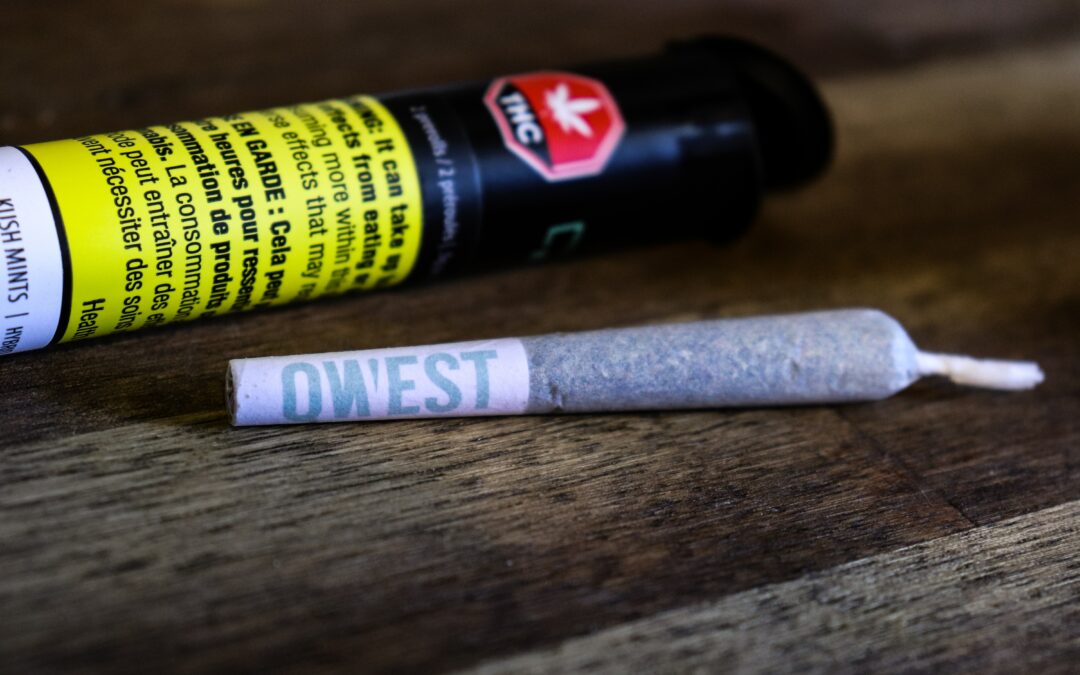
by The Real Dirt | Jun 2, 2021 | 420 Culture & Travel, 420 News, Blog, Business, Cannabis News, Culture, Industry News, Legalization, Medical Marijuana
Shortly after Nevada officials announced that licensed cannabis stores and medical dispensaries could reopen after lockdown, Nicolas MacLean said cars were lined up for five blocks waiting for curbside pickup.
Like many industries in Las Vegas, the cannabis industry used to rely on tourists for sales, but that changed when the pandemic hit, MacLean, who serves as the CEO of Las Vegas-based cannabis producer Aether Gardens, told The New York Times.
“Locals are very discerning – they want something they aren’t going to find on the black market,” MacLean said. “Especially when you are stuck at home.”
The year of 2020 saw extraordinarily strong sales of legal cannabis in the US, up 46% from 2019 to a record $17.5 billion (R245 billion), according to cannabinoid market research firm BDSA.
“I expect this will be the first year Nevada does over a billion in cannabis sales,” MacLean said. “And it happened on the back of what I think no one expected.”
In western Massachusetts, where recreational cannabis use is legal, Meg Sanders, CEO of Canna Provisions, said government restrictions and later social-distancing requirements forced her to radically change her sales strategy.
At first, only medical dispensaries were allowed to remain open, while recreational-use retailers were forced to close.
“To have liquor stores deemed essential and not adult-use cannabis – especially when the law passed in Massachusetts was about regulating cannabis like alcohol – was surprising and unfortunate,” Sanders told The Times.
As Canna Provisions was allowed to re-open, the shop’s particular boutique-style in-person shopping experience had to change in favour of over-the-phone preorders.
“Our county is an internet desert,” she explained.
Now when customers call, they speak with a salesperson who can answer their questions and walk them through the available topicals, edibles, and smokables – a method, she said, is “working” for business.
“In our Lee store, preorders have become almost 100 percent of our business, so we bought more handsets and hired more people to answer the phones, and our revenue is up,” she said.
![[Denver Post] Oklahoma is the new “Wild West of weed” — and Colorado marijuana entrepreneurs are helping fuel the green rush](https://therealdirt.com/wp-content/uploads/2021/08/TDP-L-Oklahoma-cannabis-RJS-31799.jpeg)


